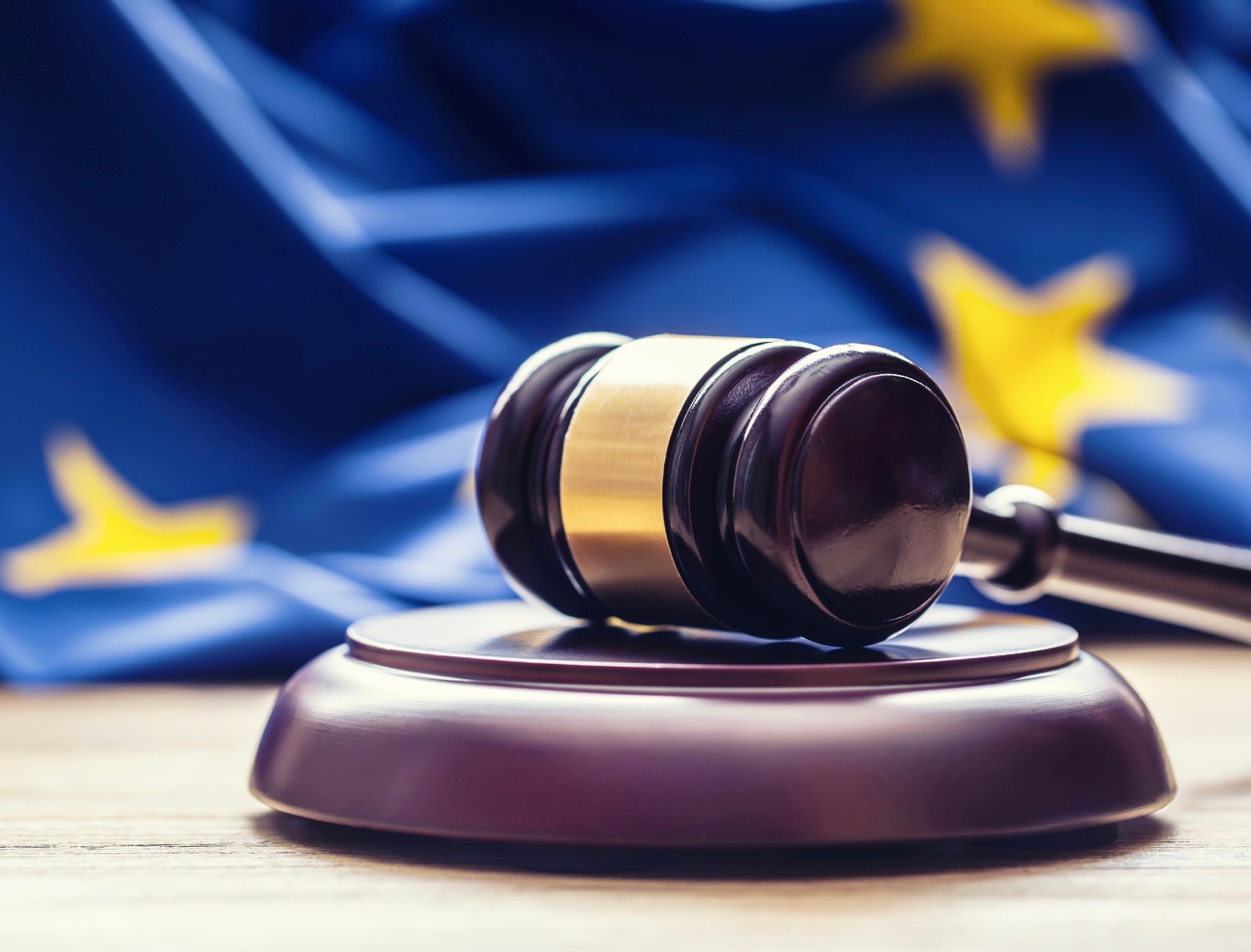EU Recognizes First Supply Chain Due Diligence Scheme Under Conflict Minerals Regulation
Key Takeaways
- First Recognition: The European Commission has officially recognised the Responsible Minerals Assurance Process (RMAP) as the first due diligence scheme under the EU’s Conflict Minerals Regulation.
- Simplified Compliance: EU importers of tin, tungsten, tantalum, and gold (3TG) can now rely on RMAP to help meet their due diligence obligations and demonstrate compliance.
- Transparency and Efficiency: The decision is expected to reduce administrative burdens while promoting more transparent and accountable global supply chains.
Deep Dive
European importers of tin, tungsten, tantalum, and gold will soon have an easier path to compliance after the European Commission recognized the first supply chain due diligence scheme under the EU’s Conflict Minerals Regulation.
The decision, adopted on 16 October, acknowledges the Responsible Minerals Assurance Process (RMAP), developed by the Responsible Minerals Initiative (RMI), as fully aligned with the Regulation’s requirements. The recognition allows EU importers of tin, tungsten, tantalum, and gold (known as 3TG minerals) to rely on the scheme to meet their due diligence obligations.
At its core, the Conflict Minerals Regulation aims to ensure that EU companies importing 3TG minerals are not financing armed groups or contributing to human rights abuses in conflict-affected or high-risk areas. Importers are required to trace the origins of their minerals, assess risks in their supply chains, and take steps to mitigate any adverse impacts.
By formally recognizing RMAP, the Commission hopes to ease the administrative burden for importers while strengthening transparency and accountability in global supply chains. The decision also marks an important step toward the EU’s planned List of Global Responsible Smelters and Refiners, which will serve as a central reference for companies seeking to demonstrate compliance more efficiently.
The Commission noted that industry schemes such as RMAP play an essential role in supporting compliance by conducting third-party audits and ensuring independent verification of responsible sourcing practices. Recognition under the Regulation requires a detailed assessment confirming that a scheme’s standards and audit practices are consistent with EU and OECD due diligence frameworks.
Beyond easing compliance, the recognition is expected to encourage greater alignment between EU rules and international efforts to clean up mineral supply chains, particularly in sectors such as electronics, automotive, and jewelery, where 3TG minerals are critical.
In announcing the decision, the Commission also confirmed that it is continuing to assess other industry schemes for potential recognition. This process, it said, forms part of its broader strategy to make responsible sourcing both practical and scalable for European businesses, while reinforcing the EU’s commitment to transparency and ethical trade.
The GRC Report is your premier destination for the latest in governance, risk, and compliance news. As your reliable source for comprehensive coverage, we ensure you stay informed and ready to navigate the dynamic landscape of GRC. Beyond being a news source, the GRC Report represents a thriving community of professionals who, like you, are dedicated to GRC excellence. Explore our insightful articles and breaking news, and actively participate in the conversation to enhance your GRC journey.
Sponsored by






.svg)

.svg)